7 Ways Singing Can Benefit Your Over-all Health
Its that time of year again! Everyone is going back to school and the fall schedule is falling into place. As temperatures cool off, cold and flu season will be starting up soon. Its a good time to be reminded of the things we can do to keep ourselves healthy! The act of singing itself has several health benefits so lets go through them here:
Stress relief. The act of singing and connecting with music and fellow participants (singing with other people!) has shown to improve cortisol levels after singing, per this 2016 STUDY. Elevated cortisol levels are linked to anxiety, singing helps to enhance your calm! There is however one caveat- performance situations that can create anxiety were not found to reduce cortisol levels.
Improve mental health. Because the act of singing is an aerobic exercise, we release endorphins as a result of the activity as reported by the BBC. In recent memory, during the covid lockdowns of 2020, videos were abundant on social media, sharing public collective performances from large cities like New York with people gathering at their windows in song. When I was in college in the early 2000’s the field of Music Therapy was tiny- since then it has exploded in growth.
Sense of Belonging and Connection to the Human Experience. To expand on the covid lockdowns, something that made these vocal performances from city windows around the world from Italy to New York was that it gave everyone involved a sense of belonging and connection during extremely uncertain times. Particularly in improvisational situations (not pre-composed) evidence suggests that more oxytocin (the ‘love’ hormone) is released during group singing. More research is needed but check out this 2015 study.
Alleviates Grief. As a vocal instructor for many years, I can attest to the fact that singing lessons will help a person achieve greater self-confidence. Anyone going through bereavement will be down on themselves and anything they can do to feel better about themselves should help get them through tougher times. I’ve seen it happen right before my eyes. But also, a 2019 study on the affects of group singing with participants in a bereavement process found that the individuals that participated in a choir over the course of 24 weeks had emotionally stabilized whereas the individuals that were not involved continued to digress.
Improves Speech. For a number of reasons, singing can help improve an individual’s speech. In lessons, singers learn about proper vocal support which extends beyond singing into speech. Many singers that come to me for lessons have some decent singing habits but rough and unsupported speaking habits.It all starts at the base level: support! In vocal lessons we also target the articulator muscles. Elongated phrasing while singing can help individuals with neurological disorders as proven in this 2010 article. Singing activates both sides of the brain which can assist against weekend regions. Parkinsons’s Disease, Aphasia, stuttering, autism are all conditions that singing can help assist with to improve speech!
Better Lung Function and capacity. As I’ve mentioned in previous blogs, in voice lessons we focus on our breath first and foremost as it is the root of vocalization. Singers work on their breath support in weekly lessons, targeting capacity and breath flow and control. As I always say, singing is a workout- you are dealing with muscles. The more you work out, the stronger you get! A study on COPD patients found slight improvement in their condition with singing as opposed to further degeneration from their control group counterparts.
Boosts Your Immune System. This 2016 report found that singers across multiple choirs experienced boosted immunity among both caregivers and cancer patients alike. The report found that the patients with the highest levels of depression experienced the greatest improvement in health! Incredible.
So what are you waiting for? Put on your favorite song and sing along and sign up for lessons today to being your journey into vocal therapy!

